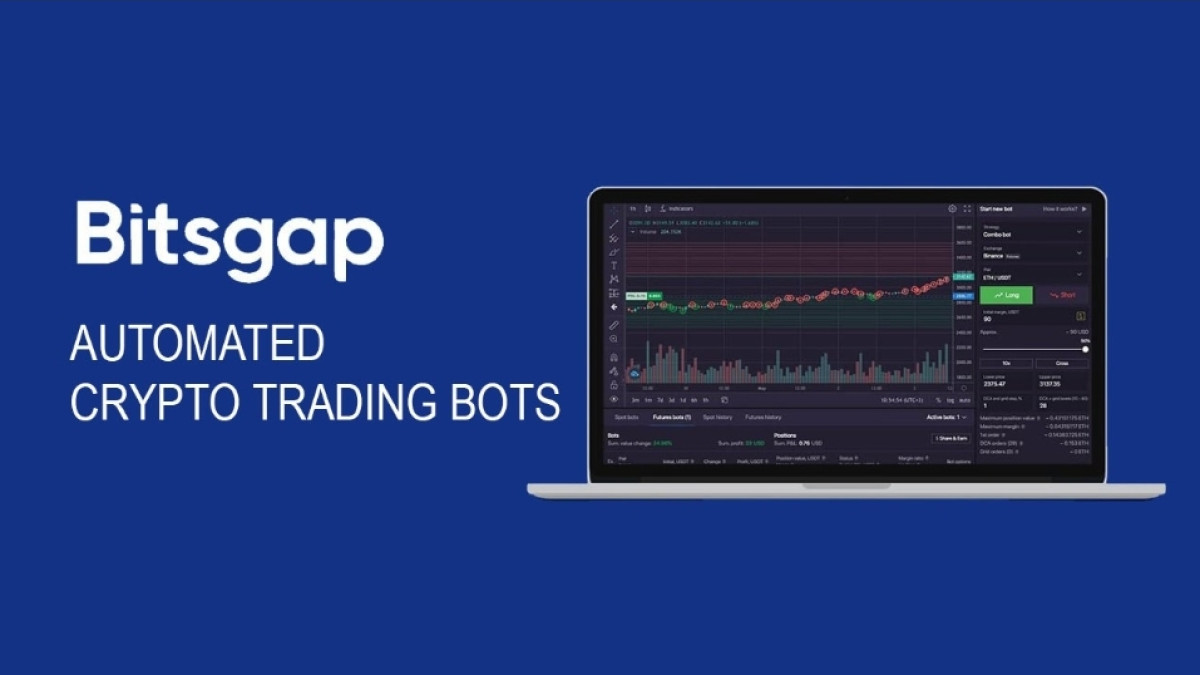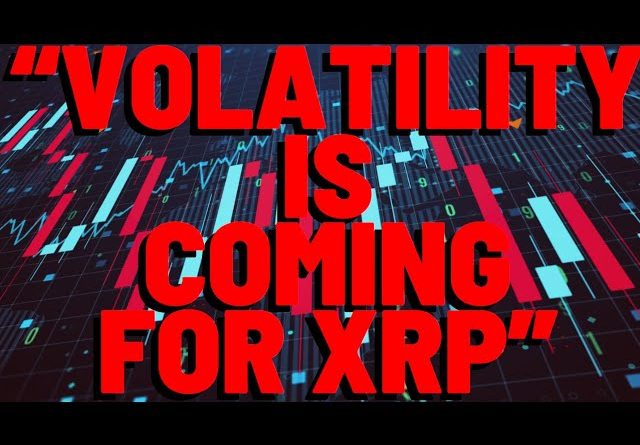If you’re in the market for a new home or looking to refinance your current mortgage, you may be wondering how interest rates affect the housing market. There are many misconceptions out there about the relationship between the two, but in this blog post, we’ll delve into the truth about interest rates and the housing market. Whether you’re a first-time homebuyer or a seasoned real estate investor, understanding this crucial connection can help you make informed decisions about your finances and homeownership goals. So, let’s get started and uncover the reality behind the interest rates and the housing market.
 SIGN UP FOR A FREE 7 DAY TRIAL
SIGN UP FOR A FREE 7 DAY TRIALGET YOUR .CRYPTO DOMAIN AT UNSTOPPABLE DOMAINS
TRADE CRYPTO ON BINANCE HERE "LOW FEES"
Truth About The Interest Rates And The Housing Market
If you’re considering buying or selling real estate, it’s essential to understand how interest rates can impact the market. In this article, we’ll take a closer look at the truth about interest rates and the housing market.
Introduction
Interest rates are a crucial element of the economy that affects everything from the stock market to housing prices. The Federal Reserve determines the interest rates for lending money to banks, which ultimately impacts the cost of borrowing for individuals and businesses.
The Video
A popular YouTube video titled “Cryptocurrency and Investing for Beginners” sparked my interest in understanding how interest rates can affect the economy and the housing market. The creator, a well-known cryptocurrency expert named Ivan, shared his personal opinions on various topics, including Bitcoin and Ethereum, crypto, NFTs, and blockchain. However, he was quick to clarify that his content was not considered financial advice.
In the video, Ivan also mentioned how the Federal Reserve controls interest rates to manage inflation and support economic growth. But what does this mean for the real estate market? Let’s dive in.
The Federal Reserve and Interest Rates
The Federal Reserve’s primary goal is to keep the economy stable by controlling inflation and unemployment. To achieve this, they change interest rates over time. When they want to encourage economic growth, they lower interest rates so that money is cheaper to borrow. Alternatively, when they want to curb inflation, they raise interest rates to slow down borrowing and spending.
The Impact on the Housing Market
Housing is one of the most significant factors impacted by interest rates. When interest rates are low, it’s cheaper for people to borrow money, which can drive up demand for homes. This can lead to an increase in home prices since people are willing to pay more for a coveted property. However, when interest rates are high, people are less likely to borrow money and purchase a home, leading to a decrease in demand and a drop in prices.
The Lag Time Between Rate Changes and Economic Effects
It’s important to note that there’s a lag time between the Federal Reserve changing interest rates and the economic effect on the housing market. The lag time can be months or even years, depending on the underlying factors in the economy. Therefore, putting undue faith in rate changes’ immediate impact on the housing market may not be wise.
Cases of Quick Interest Rate Increases
Furthermore, cases of swift interest rate increases or decreases can have unintended consequences. For example, a sudden increase in interest rates might cause businesses to shut down as they can no longer afford to borrow money, leading to a decrease in employment and a drop in demand for housing. Therefore, quick interest rate increases may not give the economy enough time to adjust to curb inflation.
Expectations of a Slowing-Down Economy
With expectations of a slowing-down economy, the Federal Reserve is currently holding interest rates relatively low. In some cases, interest rates are even negative, meaning that banks are penalized for holding onto money instead of lending it out. This move by the Federal Reserve aims to encourage borrowing and spending and support economic growth.
FAQs
-
Does the Federal Reserve directly control mortgage rates?
No, the Federal Reserve controls the interest rates for lending money to banks. Therefore, mortgage rates are impacted by the broader economic trend. -
Can high-interest rates crash the housing market?
Yes, higher interest rates can make it difficult for individuals to afford loans, leading to a decrease in demand and a drop in prices. -
How long does it take for changes in interest rates to affect the economy?
It can take several months or even years for interest rate changes to influence the economy, depending on the underlying factors in the economy. -
Why would the Federal Reserve want negative interest rates?
Negative interest rates can encourage borrowing and spending by penalizing banks that hold onto money instead of lending it out. -
Can interest rates impact the crypto market?
Interest rates can cause investors to shift their investment strategies, which can impact the broader stock and crypto markets.
Conclusion
In summary, the Federal Reserve’s control of interest rates can impact the housing market in both positive and negative ways. When interest rates are low, it can drive up demand for homes, leading to an increase in home prices. Conversely, high-interest rates can decrease demand for housing, leading to a decrease in prices. With expectations of a slowing-down economy, the Federal Reserve is currently holding interest rates relatively low to support economic growth. As always, it’s essential to consider the broader economic context when making any real estate decisions.






